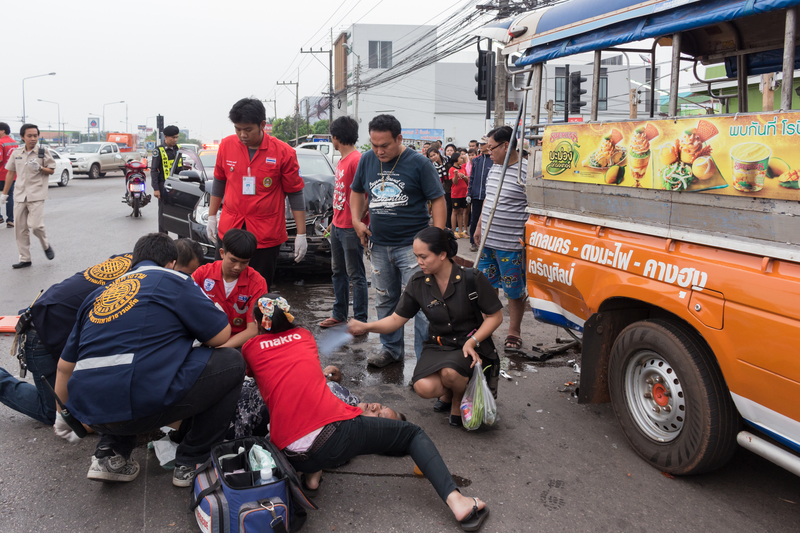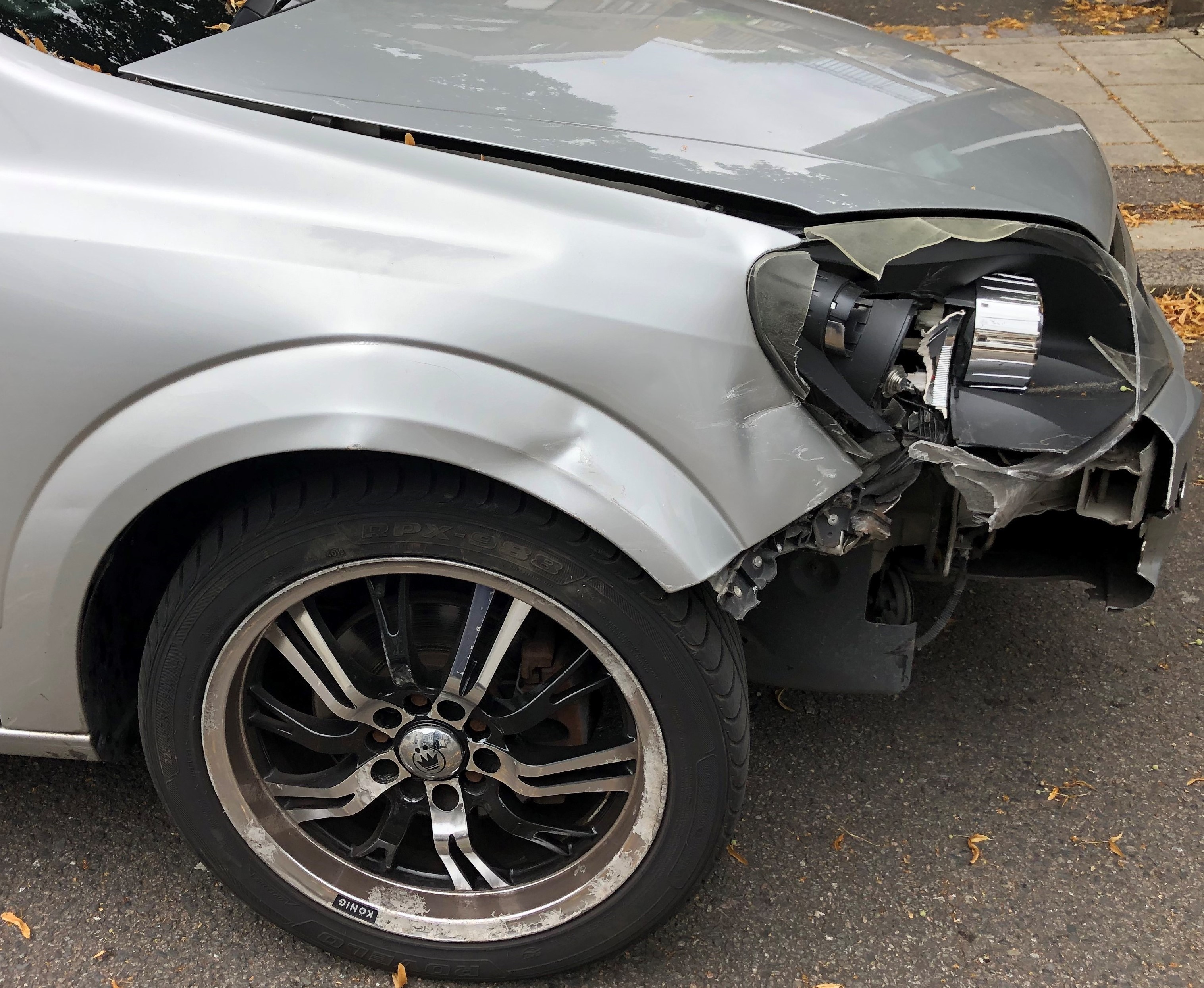A new report, Traffic Safety on Bus Priority Systems, produced by Embarq with funding from Bloomberg Philanthropies, argues the case that investment in high quality public transport systems in developing world cities can help achieve significant traffic safety benefits, while meeting the growing mobility needs of city residents.
According to the World Health Organisation (WHO), over 1.2 million people die on the world’s roads each year, and traffic crashes could become the fifth leading cause of death by
A new report, Traffic Safety on Bus Priority Systems, produced by 2091 Embarq with funding from Bloomberg Philanthropies, argues the case that investment in high quality public transport systems in developing world cities can help achieve significant traffic safety benefits, while meeting the growing mobility needs of city residents.
According to the1819 World Health Organisation (WHO), over 1.2 million people die on the world’s roads each year, and traffic crashes could become the fifth leading cause of death by 2030 without intervention. The growth in bus rapid transit (BRT) and bus priority systems worldwide, which serve more than 31 million people each day in 189 cities, is, says the report, an opportunity to reverse that trend.
This report highlights a unique opportunity to leverage the growing investment in BRT and other bus priority systems in cities around the world to improve safety while meeting the growing mobility needs. Indeed, the number of new6865 BRT systems has increased in recent years, as the early experiences in Latin America have inspired cities in other regions of the world to improve their public transport systems. The recent commitment by eight multilateral development banks to direct US$175 billion over ten years to sustainable transport will further contribute to this growth.
The report says that evidence in the report clearly shows that high quality public transport systems can result in significant safety benefits on the streets where they are implemented, reducing injuries and fatalities by as much as 50 per cent. But in order to achieve these benefits, it is important to ensure that the new systems being built incorporate high quality infrastructure and safety features.
The report provides detailed, data driven recommendations for incorporating safety into the design, planning, and operation of different types of bus systems, drawing from data analysis and road safety audits and inspections of existing bus systems around the world.
According to the
This report highlights a unique opportunity to leverage the growing investment in BRT and other bus priority systems in cities around the world to improve safety while meeting the growing mobility needs. Indeed, the number of new
The report says that evidence in the report clearly shows that high quality public transport systems can result in significant safety benefits on the streets where they are implemented, reducing injuries and fatalities by as much as 50 per cent. But in order to achieve these benefits, it is important to ensure that the new systems being built incorporate high quality infrastructure and safety features.
The report provides detailed, data driven recommendations for incorporating safety into the design, planning, and operation of different types of bus systems, drawing from data analysis and road safety audits and inspections of existing bus systems around the world.








